In 2011, YouTube surpassed Yahoo as the world’s second largest search engine. In June 2011, ComScore reported that in the U.S., YouTube attracted 5.6 billion viewing sessions per month and the average U.S. visitor frequents the site 23 times a month with each visit lasting on average 26 minutes. And, just today, ComScore also reported that YouTube passed 20 billion video views during October 2011 alone.
No matter how you look at the data, that’s a lot of eyeballs and a lot of time spent on a single site that a marketer can take advantage of. But creating a video is only half the battle; attracting viewers is the other half.
YouTube Promoted Video Ads operate similar to Google search ads and offer advertisers a way to draw attention to a video, gain viewers and channel subscribers, and eventually influence downstream conversions. Promoted Videos show up according to visitors’ search results either at the top or to the right of the page.
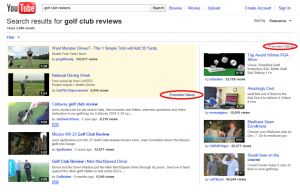
Additionally, with a Promoted Videos account, marketers can add overlays to their videos and link directly to their site, offer a promotion, etc. Given the popularity of video and YouTube, here are a few suggestions to best take advantage to YouTube Promoted Videos.
Once you have a channel with several videos, monitor the feedback and if a video achieves a good response, then it’s time to invest in promoting it.
Like other Google ads, Promoted Videos are managed through AdWords and follow a similar format to paid search.
When creating the ad, it’s imperative the thumbnail of your video and ad-copy reflect the nature of your video so as to attract the right audience. Words and concepts related to your video(s) should be used in the ad. The words “official” or “original” in a headline tend to increase views.
Keywords must relate to the video you’re promoting, and thus should be chosen independently. YouTube offers advertisers a keyword suggestion tool that provides recommendations based on your video description, video id/url, or target demographic (in beta).
The tool will also give you an idea of the monthly search volume for each keyword so you can see which keywords visitors tend to use more often and incorporate them appropriately.
Like paid search, you can select between broad, phrase, exact or negative match types.
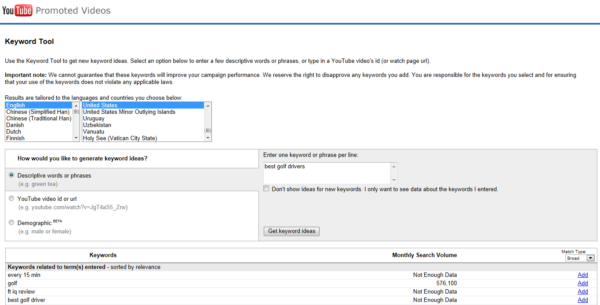

If viewers ask for a follow-up video be sure to provide one, and if your video is shared by viewers on other social sites, be sure to respond as well. Responding and participating in the conversation with viewers allows you to strengthen your brand and may provide insight on how to create better videos.
As online video continues to grow, a strong presence on YouTube will become all the more critical to your marketing efforts. What’s been your experience with YouTube and Promoted Videos?
No matter how you look at the data, that’s a lot of eyeballs and a lot of time spent on a single site that a marketer can take advantage of. But creating a video is only half the battle; attracting viewers is the other half.
YouTube Promoted Video Ads operate similar to Google search ads and offer advertisers a way to draw attention to a video, gain viewers and channel subscribers, and eventually influence downstream conversions. Promoted Videos show up according to visitors’ search results either at the top or to the right of the page.

Promoted Videos in YouTube
Additionally, with a Promoted Videos account, marketers can add overlays to their videos and link directly to their site, offer a promotion, etc. Given the popularity of video and YouTube, here are a few suggestions to best take advantage to YouTube Promoted Videos.
Create The Complete Package
First and foremost, to maximize your presence on YouTube you need good, engaging videos (not just one) and a YouTube channel to showcase them. Just as important – maybe even more so – to the videos are the video titles and descriptions as these will be used by YouTube to match your video with visitors’ search queries.Once you have a channel with several videos, monitor the feedback and if a video achieves a good response, then it’s time to invest in promoting it.
Like other Google ads, Promoted Videos are managed through AdWords and follow a similar format to paid search.
When creating the ad, it’s imperative the thumbnail of your video and ad-copy reflect the nature of your video so as to attract the right audience. Words and concepts related to your video(s) should be used in the ad. The words “official” or “original” in a headline tend to increase views.
Choose Keywords Wisely
YouTube visitors are looking just for video content; consequently, search habits differ from traditional search. Given the difference, simply porting over keywords from search or display campaigns won’t have the desired effect.Keywords must relate to the video you’re promoting, and thus should be chosen independently. YouTube offers advertisers a keyword suggestion tool that provides recommendations based on your video description, video id/url, or target demographic (in beta).
The tool will also give you an idea of the monthly search volume for each keyword so you can see which keywords visitors tend to use more often and incorporate them appropriately.
Like paid search, you can select between broad, phrase, exact or negative match types.

YouTube's keyword suggestion tool
Bidding Time
When it comes to keyword bidding on YouTube, think of it just as you would for search or display campaigns. You’ll want to set a conversion goal and determine what your expected volume and budget will be each month. Naturally, you’ll want to determine the value of each click. A third party bidding tool, particularly one integrated with your other SEM campaigns, proves useful in managing your YouTube bidding decisions and assessing the results of your promotions.Don’t Forget The Overlay
One of the primary perks of running Promoted Videos is the ability to include an overlay ad in your video that appears at the bottom of your video while it plays. The overlay allows you to link from your YouTube video to an external site and is an invaluable technique for driving viewers to your site and transitioning them from learning about your brand to purchasing.
Overlays within a YouTube video are a great way to drive viewers to your site
Engage Your Viewers
YouTube is a social network. As such, a video provides you an opportunity to interact with your target audience. A successful video doesn’t just get a view, but also elicits a response.If viewers ask for a follow-up video be sure to provide one, and if your video is shared by viewers on other social sites, be sure to respond as well. Responding and participating in the conversation with viewers allows you to strengthen your brand and may provide insight on how to create better videos.
As online video continues to grow, a strong presence on YouTube will become all the more critical to your marketing efforts. What’s been your experience with YouTube and Promoted Videos?
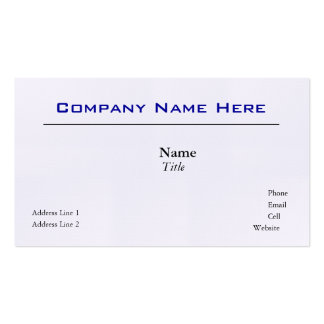



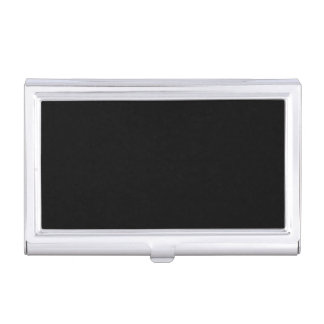
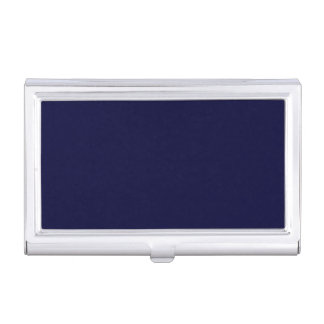
No comments:
Post a Comment